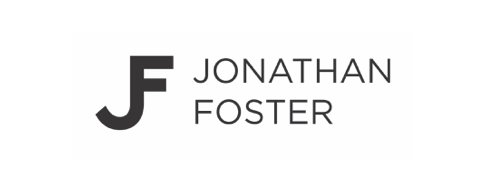The Invitation
The challenges of 2020 have affected all of us. Directly and indirectly. It’s a clamorous, anxiety-ridden time.
How do we get to peace?
It should be noted that our standard path to peace is by way of scapegoating, that ingenious human invention whereby we offload our problems onto others, which gives us justification to drive them (and our problems) away. The specific mechanics of the practice have come to the forefront in recent decades through the brilliant work of Rene Girard. Still, amazingly, the movement of the whole thing was accounted for thousands of years ago within the Jewish tabernacle system when once a year the High Priest would emerge from the Holy of Holies, lay his hands on a goat, and symbolically place the sins of the people onto the animal. The goat (scapegoat) would then be driven away.
The brilliance of the Jewish tradition was lost on most of us until… we began to see the murder of Jesus in light of scapegoating. As the old prophet said, we thought that his troubles were his own, but it turns out his troubles were brought about because of our sins. We were the ones who needed someone to blame. Jesus became the scapegoat, not for God’s sake but for ours.
We see in the life and death of Jesus our normal way of accessing peace: We project our inner turmoil onto others, do away with them, and then move about in the absence of our inner turmoil. It works, but only for a time. We all know, living without inner turmoil is temporary. And so, the anxiety builds back up, encouraging us to find a new scapegoat, to reenact the whole process. When we take a step back, we see ourselves, over and over again, pointing at others, continuing to avoid the deep work of dealing with our problems. What did James say? Something like, “We keep getting drug away by our own inner conflicts. It’s not the fault of the other. It’s not God’s fault. It’s our own.”
Now that this whole victimary mechanism has been revealed for what it is, how do we really access peace? In the middle of this unprecedented time of uneasiness, what do we do?
1-Recognize that all of us are looking for people to blame, but that there is no worthy villain. That’s right, in spite of what the hardcore-binary-political types say, neither the guy on the right nor the people on the left are truly responsible for the world’s pain right now. COVID is just too complex. We’re all in this together, yes, thank you, MLK Jr, “an inescapable network of mutuality.”
2-We embrace the tension. That’s right. Hold it close. Right now. Take whatever it is that’s causing you stress and hold it. Feel the energy of the thing burning, searing, excavating. Imagine it carving a new, more comprehensive, more expansive interiority. If you can do this, it might allow you the room to carry everything with peace. The Invitation is to allow it to transform you, for as Richard Rohr has said, “Whatever isn’t transformed will be transmitted.”
This is hard. It will cost you. And it’s the way of Jesus.
More Father Richard, “All healthy religion shows you what to do with your pain, with the absurd, the tragic, the nonsensical, the unjust and the undeserved—all of which eventually come into every lifetime. If only we could see these “wounds” as the way through, as Jesus did, then they would become sacred wounds rather than scars to deny, disguise, or project onto others.”
These things just can’t be said enough. Peace cannot be won by knee-jerk accusations being heaped upon surrogate victims. Peace is an inward struggle. An arduous journey. Yes, Nietzsche, “a long obedience in the same direction.”
After refusing to scapegoat. After allowing our problems to transform us, or at least while we are allowing our problems to transform us…
3-We humbly insert ourselves into the pain of unjust systems, allowing our lives to shed light on its victimary ways. Because peace is inward, but it’s never only inward. It’s personal, but never private. We’re responsible for creating better systems for those around us; for those who come after us. To adapt Bonhoeffer, we’re not simply to be people of peace as the wheels of injustice roll around us and over us… we are to drive a spoke into the wheel itself.
